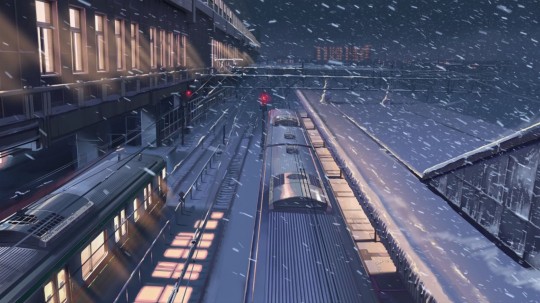Building a better screenshotter

My previous forays into crafting an automatic screenshot taker were, at the time, very successful. The system managed to pump out usable images in a fraction of the time it would have taken me to seek and do them manually; I even extended the script to handle multiple file-inputs which made 'capping an entire series a breeze. Lamentably, this was a honeymoon period before cracks started to show, followed by gaping chasms.
The only workaround the first screenshotter used was a glitch for Windows Media files which meant the first frame sought was always blank, it swerved around this limitation by taking two shots and discarding the first. This symptom, however, was indicative of what would become a persistent problem.
Background
The first significant problem I encountered with the setup was with the series Claymore, a great many of the resulting images seemed to have a lot of "bleed through", as if one frame were being intermingled with another, this was above an beyond the standard cross-fade transition screenshots that were common. At the time I assumed it was because the files I used were modern H264 MKV files rather than the standard XViD ones I had been using before, or that the encoding was particularly shoddy. After downloading an updated version of mplayer for Windows the problem seemed to disappear; I ended up regenerating a lot of the images for episodes which were most severe offenders.
After a spate of swift updates, I didn't blog anime any more so the screenshotter shortcut on my desktop lay dormant until I decided to unleash some madness on Strawberry Panic. While the setup worked, it was producing an unusual amount of exact duplicate images, despite being over five seconds apart. I realised there was a fundamental underlying cause for this that an mplayer update wouldn't fix. True high-definition versions (not upscales) of certain releases were now readily available, namely the seminal Ghost in the Shell: Standalone Complex (and associated movie Solid State Society) and a selection of Makoto Shinkai works including 5 centimeters per second, which I wanted to pluck some quality captures from (for desktop wallpaper or other purposes). These files did not agree with the screenshotter at all and stoically produced correct resolution but entirely black captures which was less than useful.



